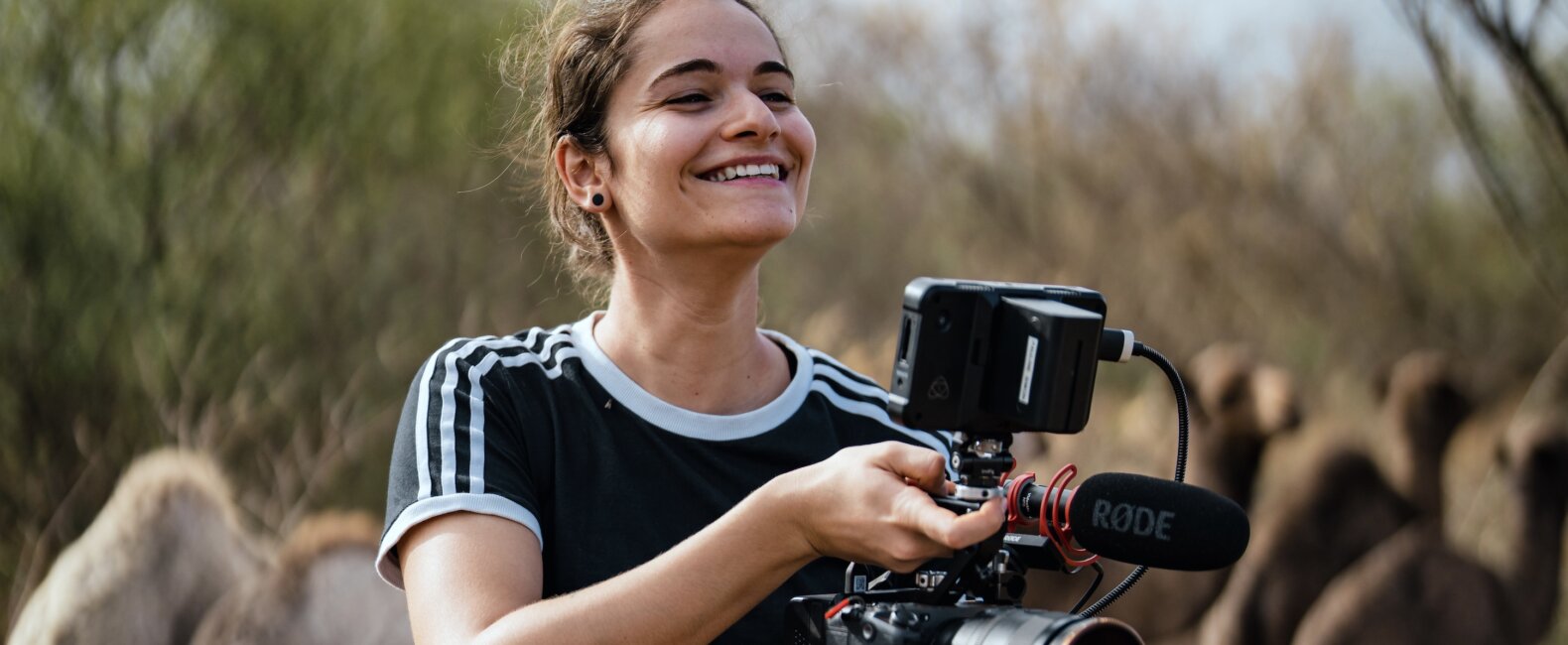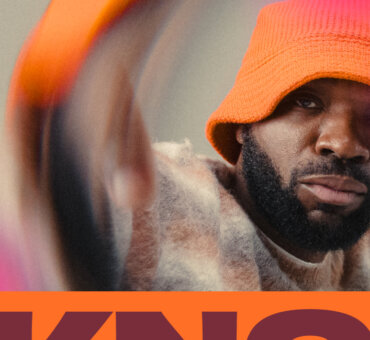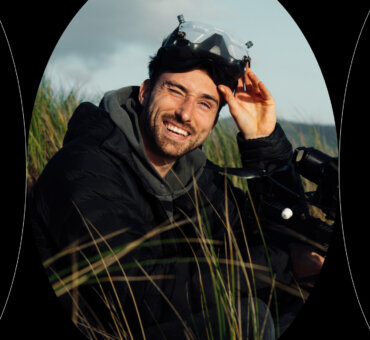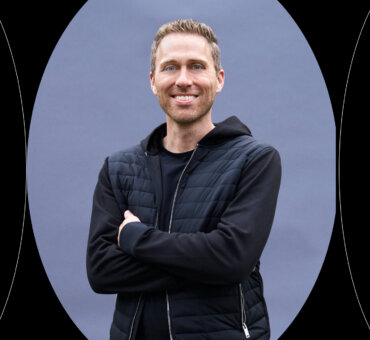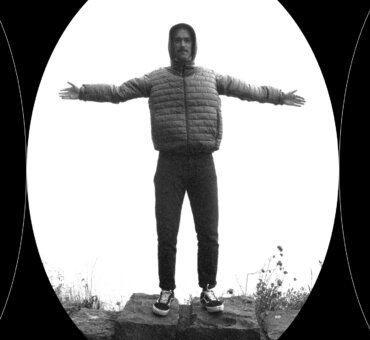Director Pauline Simon’s advice for new and aspiring filmmakers: “Do what drives you.”
And she’s certainly led by example. The French filmmaker has shot everything from compelling documentaries to commercial spots for clients like Sony, DJI, and others, and her films have captured the attention of Femmes en Montagne, Ciné Montagne, and more.
Read her interview below to learn what keeps her motivated, her essentials for crafting a compelling story, and how she utilizes Musicbed to spark inspiration and drive emotion in her work.
Musicbed: What sparked your passion for filmmaking/storytelling?
Pauline Simon: I’ve always had a thing for filmmaking. From a very early age, I wanted to film everything that I was doing. Playing a video game? Let’s film that. Drawing? That, too. So I started to share my games on the Internet. In only three years, I gained more than 400,000 YouTube subscribers. When I saw the impact videos could have on others, that’s what sparked my passion for storytelling. The sharing aspect and the fact that we can reach people with filmmaking is what drives me. This tool is so powerful. It gave me so much inspiration and emotions that I just want to do the same for other people.
What keeps you motivated and creatively inspired?
My number one motivation is that I want to keep reaching people. My only goal is to keep sharing stories that I see while traveling through the world. When I see something beautiful or inspiring, I don’t want to keep it for myself. I want everyone to see these to expand their horizons. There is so much that we don’t know and I know that a lot of them maybe won’t experience it in real life. Also, because of filmmaking, I’m constantly getting out of my comfort zone, learning new things, and expressing myself through visuals. That’s for the real-life motivation.
But when I’m not traveling or being overstimulated by my environment, then I go to the Internet. I’m always looking for new filmmakers/storytellers and watching what they create. I have a few directors that I love and are very inspiring to me. So I watch their work, I try to understand how they do certain things, their creative process… I watch a lot of documentaries, movies, content creators—everything—to keep learning when I’m not out in the field.
What makes a story visually appealing?
To me, a story is visually appealing when everything has been thought through. The lighting, the composition of the image, the music and sound design, the edit… When you don’t even notice the technical aspects of the film it just makes one. To do that, music must be well chosen so that it doesn’t do too much and drown everything else. If the edit plays with music and sound design then the spectator can be immersed in the story and have an amazing experience.

What role does music play in your storytelling?
I think music is key when telling a story and can’t be chosen randomly. It is what drives the emotion. When you know which song to use in a specific moment, then it can change everything. It’s a very powerful tool that allows you to tell so many things. Music tells you how to feel.
What elements do you think are essential for crafting a compelling story?
Crafting a compelling story requires emotions, a good structure, and strong characters. Everyone needs stories, that’s how we can have a better understanding of what surrounds us and how we can have new dreams too. That’s why it’s very important that the story is relevant and that people can identify with it.
How important is music in your work?
Music is the most important part of my creative process. I would say that it is 80% of my work. Firstly, I always try to find music that will touch my soul, I really need to feel it before I expect it to touch other people. So when I’m creating a project, I always start by finding the right music. It can sometimes take me days to find it but it’s not something that I want to rush because this is going to give me the mood and the rhythm of my film. When you have that first step, then you’re already halfway.
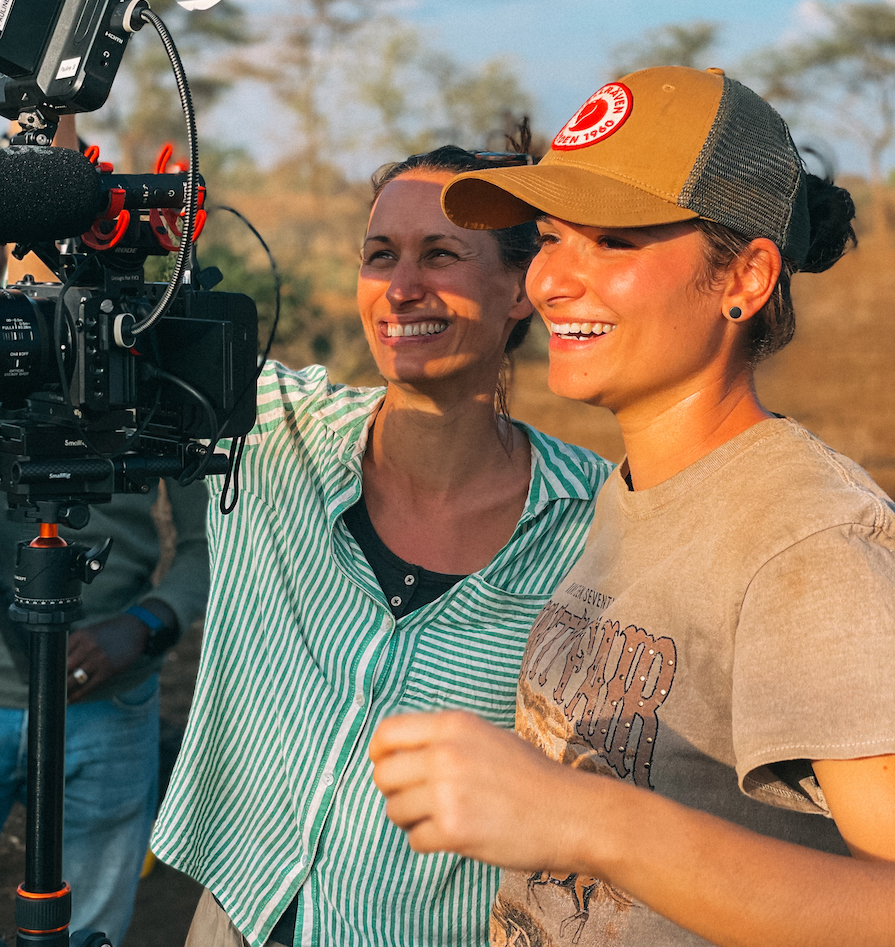
What advice would you give other filmmakers/creators who are just starting their careers?
Practice makes perfect. The more you do, the more you’re gonna be experienced. So go out, try new things, and see your environment. Also, It’s very important to share your art and to get feedback. You need to have an online presence and show what you do. That’s how people are going to find you. Find what makes you feel alive and do it. Tell stories that you believe in and stay connected to your passion by doing what you love. Find creators that inspire you and try to understand their work.
How do you find the balance between pushing boundaries creatively and delivering what your client or audience wants to see?
I try to do at least one passion project every year. It keeps me connected to my love for storytelling and it allows me to reinvent myself. When I create something for a client, sometimes what they like is not the thing that I’m the most proud of but it always teaches me something new. It’s important to have both to grow. For the audience, I think I used to do things that they wanted me to do, but I feel like it doesn’t work like that. Art is a personal process, so you need to do what drives you. Some people will love it and some won’t and that’s okay. The audience is going to understand your creative process and let you be.
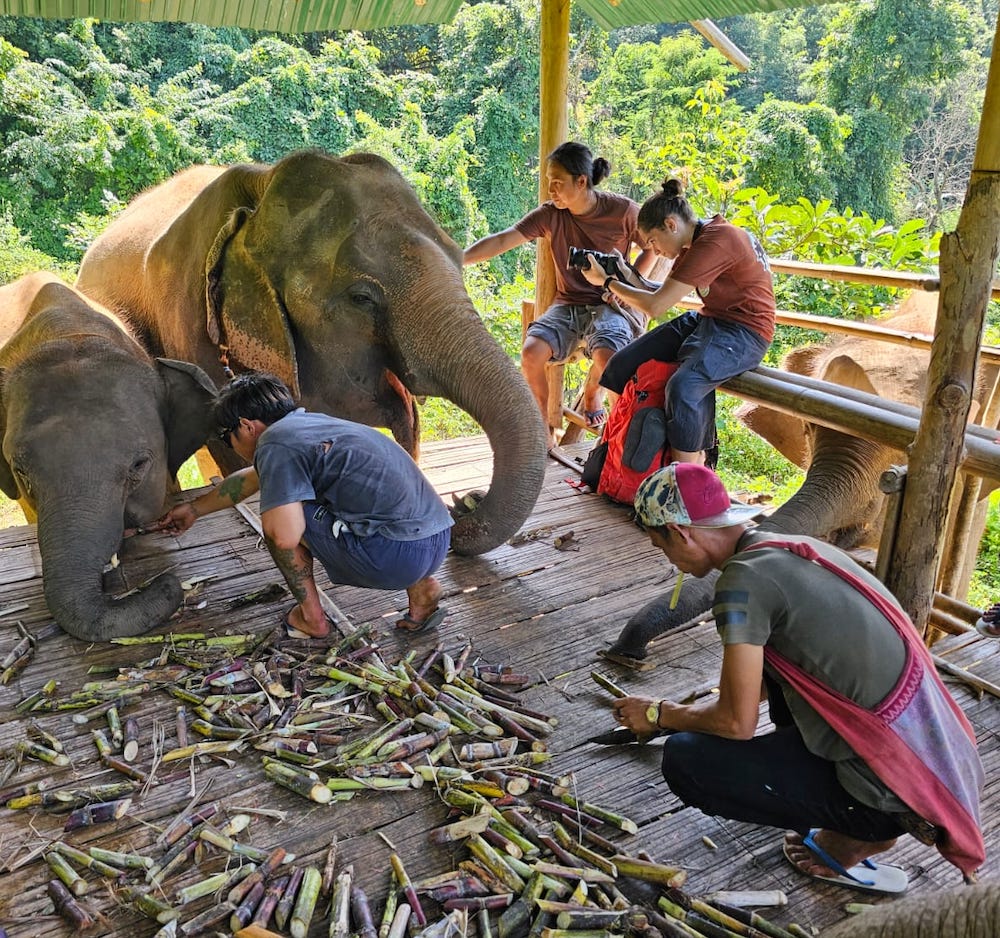
What is the most challenging aspect of being a filmmaker/creative?
I guess the most challenging aspect of being a filmmaker is being able to have people connect with your story. You’re telling something personal but will that reach the right audience? How do you reinvent yourself? You don’t want the people following you to get bored with your art, so you always need to push your limits and find new ways to tell stories. It’s important to accept that not everyone will like your work and that sometimes you can fail. What can be complicated is the hard period, when we don’t feel motivated or when we don’t have work. This journey takes a lot of reassessment and humility.
What are some of your favorite projects you’ve worked on?
One of my favorite projects to date is Dernière ligne droite, a 5-minute short doc that tells the story of a young anorexic woman trying to get her freedom back. It’s not the most beautiful visuals nor the best edit, but it was my first real project running in festivals in which I had to do everything, from writing to shooting to editing. That project opened a lot of doors for me in the creative field. On another note, last year, one of my dreams came true when I shot two documentaries as a cinematographer in Africa. Focusing on getting beautiful images that will help to tell a powerful story while being surrounded by talented people was the biggest highlight of the year!
How do you search for music on Musicbed? What are some tips that you’d give other filmmakers to search on Musicbed?
First of all, I know what I like and which emotion I try to deliver. I love a film with cinematic, adventurous & dramatic vibes, so that’s usually those features that I’m searching for in a song. I always use keywords about the mood that I want and look for something with rhythm. When you have a scene, ask yourself: What emotion do I want to drive? What is it about? It will help you find the type of music that you need. Then you can either use the playlists that are at our disposal or use the multitude of keywords available on the search panel.
Why do you utilize Musicbed in your work?
I love Musicbed and I use it because of its large collection. There are so many choices that it’s impossible to run out of possibilities. We can find songs with keywords, features, length, and even playlists! So even if it can take me days to find the right song (because I’m picky) I know that I will find it. My work has never felt so professional since I started using Musicbed.
—
Listen to the music that inspires Pauline Simon in this curated playlist, and make the switch to creating more inspired work. Start your free 14-day trial to start creating with the largest curated collection of music for film—only on Musicbed.















































































